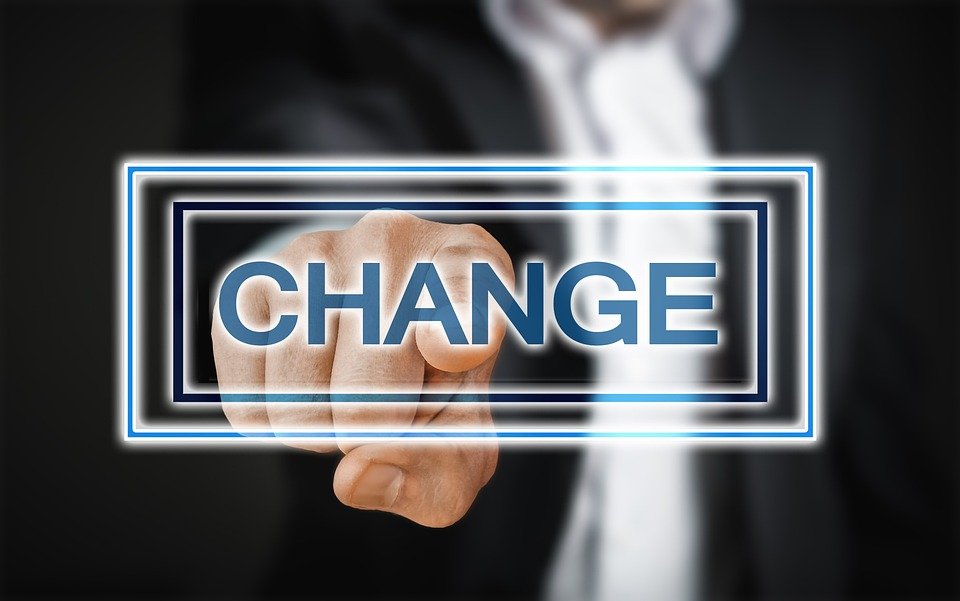The Paradox of Free Expression: Tackling the Implications of Lying
Introduction:
Free expression is a fundamental right that forms the cornerstone of democratic societies. It allows individuals to freely express their thoughts, ideas, and beliefs without fear of censorship or retribution. However, the concept of free expression becomes paradoxical when it comes to the implications of lying. While the freedom to lie may seem contradictory to the principles of honesty and integrity, it raises important questions about the limits and consequences of free speech.
The Paradox of Free Expression
1. The Importance of Free Expression:
Free expression is crucial for the functioning of a democratic society. It promotes the exchange of ideas, fosters innovation, and holds those in power accountable. It allows individuals to voice dissent, challenge prevailing norms, and contribute to the progress of society.
2. The Ethics of Lying:
Lying is generally considered unethical and morally wrong. It undermines trust, damages relationships, and can have severe consequences. However, the paradox arises when we consider whether lying should be protected under the umbrella of free expression. Should individuals have the right to deceive others in the name of free speech?
Tackling the Implications of Lying
1. Balancing Free Expression and Harm:
While free expression should be protected, it is not an absolute right. When lies cause harm, such as inciting violence or spreading misinformation, there is a need to strike a balance between protecting free speech and preventing harm. Society must establish legal frameworks and regulations to address the consequences of lying.
2. The Role of media and Responsibility:
The media plays a crucial role in disseminating information to the public. With the rise of fake news and disinformation, the ethical responsibilities of the media become more important than ever. Journalists must prioritize truthfulness, fact-checking, and responsible reporting to avoid perpetuating lies.
3. Educating for Critical Thinking:
To combat the negative implications of lying, society must focus on promoting critical thinking skills and media literacy. By equipping individuals with the ability to discern truth from falsehood, we can mitigate the impact of lies and empower individuals to make informed decisions.
FAQs
Q: Does protecting free expression mean allowing lying without consequences?
A: No, protecting free expression does not mean allowing lying without consequences. While individuals have the right to express their opinions, knowingly spreading false information or engaging in deceitful practices may lead to legal repercussions or damage to one’s reputation.
Q: How can society balance free expression and the prevention of harm?
A: Society should establish legal frameworks that define the boundaries of free expression. These frameworks should consider the potential harm caused by lying, such as incitement to violence or defamation, and provide appropriate measures to address such cases while safeguarding the right to express opinions.
Q: What can individuals do to combat the spread of lies?
A: Individuals can play a crucial role in combating the spread of lies by fact-checking information before sharing it, being critical consumers of media, and engaging in civil discourse. By promoting truthfulness and holding each other accountable, we can collectively counteract the negative implications of lying.
Q: How can media organizations uphold their ethical responsibilities?
A: Media organizations should prioritize accuracy, fact-checking, and responsible reporting. Implementing robust editorial standards, providing transparent corrections when mistakes occur, and avoiding sensationalism can help maintain public trust and ensure ethical journalism.
Conclusion:
The paradox of free expression in the face of lying raises complex issues that require careful consideration. While free expression is a fundamental right, society must grapple with the implications of lies and deceit. By striking a balance between free speech and the prevention of harm, promoting media literacy, and fostering critical thinking, we can address the paradox and ensure a more informed and responsible public discourse.

